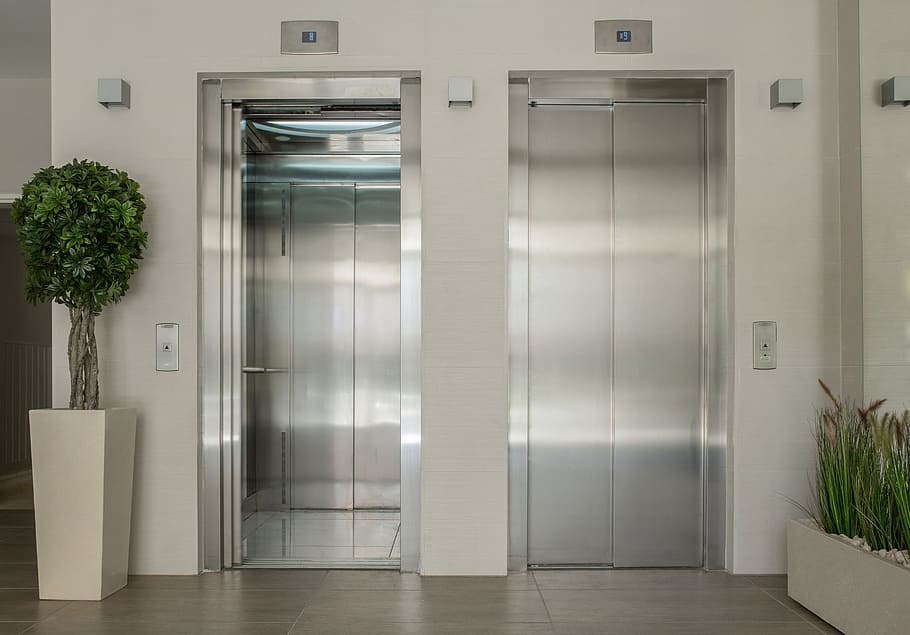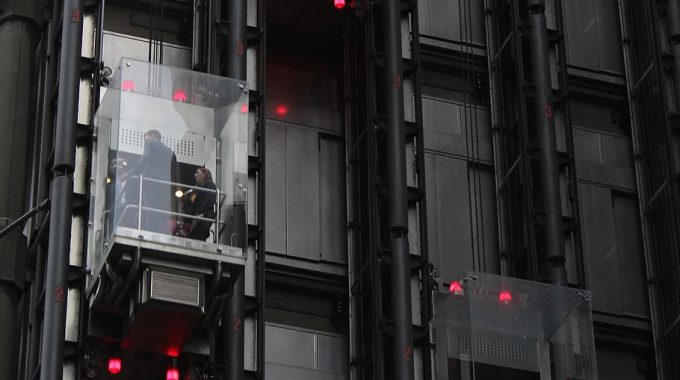What Type of Elevator Motor Is Best Suited to Your Needs?
What type of elevator motor is best suited for your needs? Elevator technology has greatly improved since the first known elevator was installed in New York City in 1856. After the industrial revolution, structures grew larger, and technology adapted to accommodate these advances. Now increasingly longer buildings are being constructed, and elevators have become one of the essential parts of today’s world.
With the advancement of construction technology, elevator technology is also improved. Elevators are required to go higher, faster, quieter, and more comfortable. To achieve these goals, the types of elevators have also evolved. One of today’s builders’ main concerns is choosing the best type of elevator that fits their needs.
So, what type of elevator should we choose? Today, there are mainly two types of elevators:
- Traction elevators (with or without gears)
- Hydraulic elevators (with or without holes)
An ordinary person usually cannot easily understand which type of elevator is used. The main difference is traction elevators are the most common on which steel cables lift the car, while hydraulic elevators are powered by a piston that moves inside a cylinder.
Today we are going to talk about elevator motors, and these are the three most known types of elevator motors:
- AC/DC motors
- Diesel/petrol motors
- Pneumatic/hydraulic motors
Different needs require different solutions.

A good elevator must:
- Meet the defined capacity,
- Be straightforward and comfortable to use,
- Be efficient and economical,
- Not disturb users during acceleration and deceleration,
- Consume less electricity/petrol,
- Be easy and cheap to maintain.
The more these specifications are met, the better the choice of elevator. We will now discuss the types of elevators and the type of elevator motor best suited for your needs.
Geared traction elevator motors are better.
AC or DC electric motors power traction elevators. The geared traction elevator can be defined as an elevator with a gearbox attached to the geared elevator motor that controls the wheel that moves the cable. The advantage of a geared elevator is that it requires a smaller motor to turn the wheel. A counterweight is used to compensate for the car’s load and users, making the elevator more efficient because the motor does not have to lift the actual load.
A geared traction machine elevator is preferred for medium and high-rise structures and is faster than hydraulic elevators. Gear-driven elevators can be used up to 75 m in height and accelerate up to 1.60 m per second. One of the distinctive features of geared traction elevators is that they require a machine room. A gear-driven elevator machine must be placed above the shaft so there is a machine room at the top of the elevator system. The machine room shall be dry, well-lit, and air-conditioned. The room temperature should be between 5 and 40°C. Machine rooms are significant in size and must be planned and accounted for in the structural drawings. These rooms are inert places and most often present difficulties to architects. They usually do not match the architectural spirit of the structures and stand like a pustule on the structures. The machine room is, therefore, a drawback of a geared traction elevator.
Installing a geared traction elevator is less expensive than a non-geared elevator.
When we consider geared or gearless elevators, we should consider which is less practical. Gearless have larger motors, less capacity, are noisier, less comfortable, more expensive to maintain, less efficient in electricity consumption, and require space for the machine. Therefore, it is advantageous for the manufacturer to prefer the geared motor.
All types of elevators have positive and negative sides to themselves. In addition, the positive sides can vary depending on your needs when considering which elevator motor is best for you. For example, suppose you need an industrial elevator, and you need to lift heavy objects. In that case, you can’t choose a residential elevator without caring about efficiency, so you must carefully define your needs and make the best choice.
Peak Elevator and its experienced staff are ready to help you with the best decision that fits your needs. Their staff will easily understand your needs, prepare the best alternatives and guide you to the best choices.

